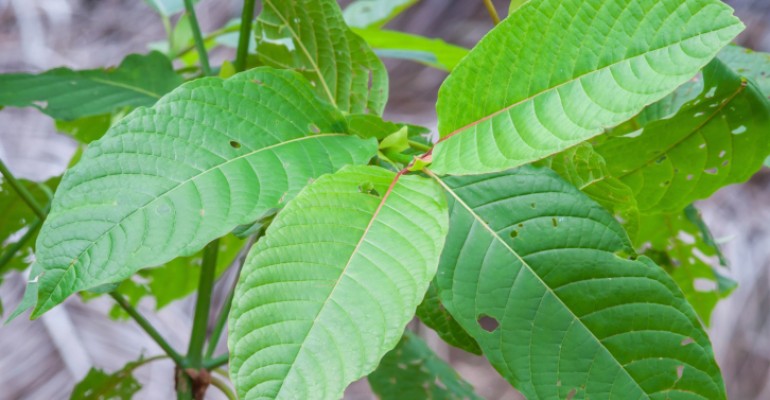Utah lawmakers have backed away from a complete ban on kratom this year, instead advancing measures that tightly regulate synthetic and enhanced products. Senate Majority Assistant Whip Mike McKell, R-Spanish Fork, revised his proposal to allow only pure leaf kratom, sold under stricter rules and limited to specialty shops. The updated bill passed the Senate unanimously and now heads to the House.
A parallel bill from Rep. Jennifer Dailey-Provost, D-Salt Lake City, would build a unified regulatory framework for kratom processors and retailers, with mandatory registration and $5,000 fines for noncompliance. Both proposals seek to eliminate adulterated, highly potent kratom products linked to addiction and overdoses, while leaving regulated access to natural kratom intact. Read the full report at Utah News Dispatch.




















